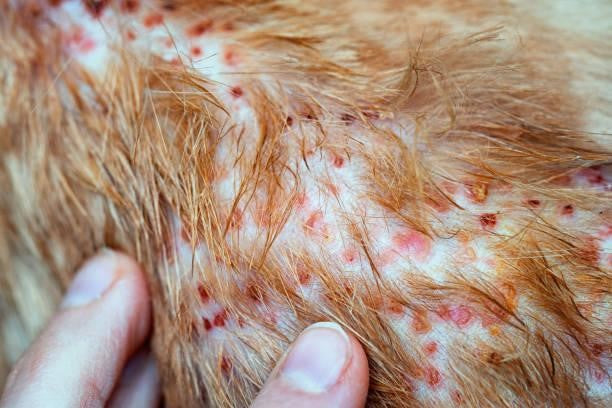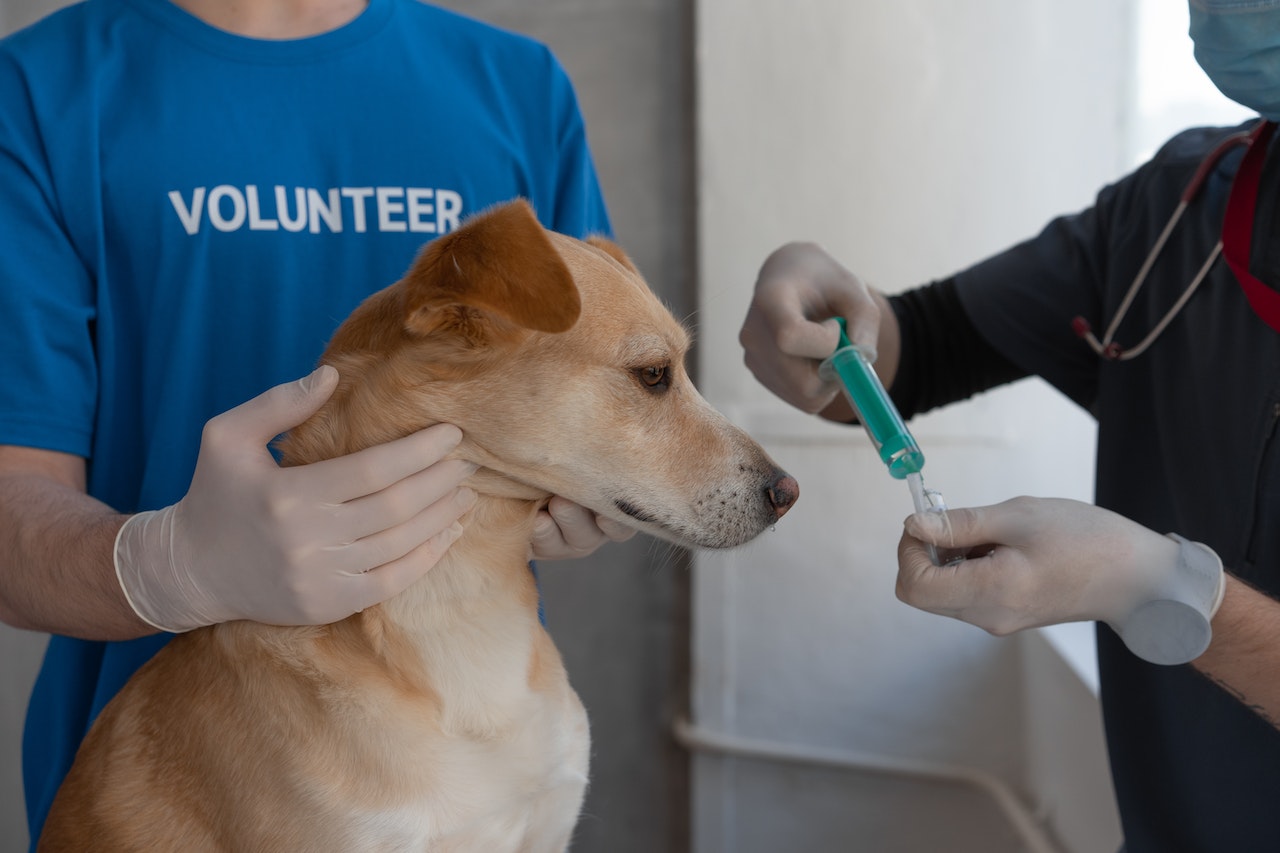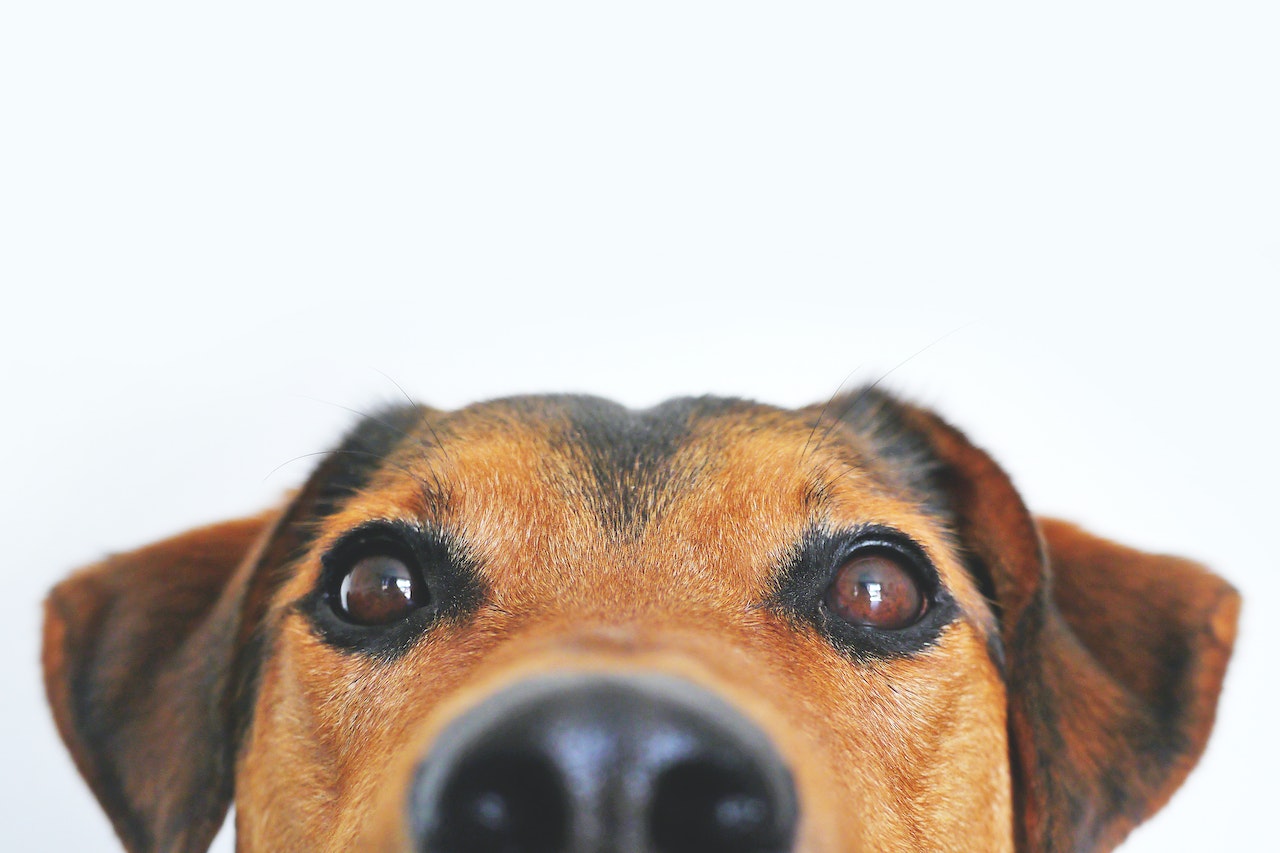
Dogs are man's best friend and as pet owners, we always strive to ensure they are healthy and comfortable. As dogs have skin, it is not uncommon for them to develop different types of skin conditions, including pimples. Pimples are a common skin condition that affects many people and can also occur in dogs. In this article, we will explore whether dogs can get pimples, what pimples are, the reasons why they occur in dogs, and how they can be treated.
What are Pimples?
Pimples are small, inflamed bumps on the skin that are caused by a combination of factors, including oil, dead skin cells, and bacteria. They can occur on various parts of the body, but are most commonly seen on the face, chest, and back. Pimples can be classified into different types, including blackheads, whiteheads, papules, pustules, nodules, and cysts.
Can Dogs Get Pimples?
Yes, dogs can get pimples. However, unlike humans, they are not as prone to developing them. This is because dogs have different skin types and the hair on their body helps to regulate the production of oils on their skin. Pimples on dogs are most commonly seen on the chin, muzzle, and lips. They can also occur on other parts of the body, including the back and belly.

Reasons Why Dogs Get Pimples
Dogs, like humans, are susceptible to various skin conditions, including pimples. Pimples are small, inflamed bumps on the skin that occur due to a combination of factors, including dead skin cells, oil, and bacteria. Pimples on dogs are usually seen on the chin, muzzle, and lips, but can also occur on other parts of the body. In this article, we will explore the common reasons why dogs get pimples.
Hormonal Changes
Hormonal changes can cause pimples in dogs, just like they can in humans. When dogs go through puberty, their hormones change, leading to an increase in the production of oils on their skin. This increase in oil production can clog the pores, leading to the development of pimples.
Allergies
Dogs can develop allergies to a variety of things, including food, plants, and environmental factors. Allergies can cause skin irritation and inflammation, leading to the development of pimples. Food allergies are a common cause of pimples in dogs, and pet owners should be aware of the types of food their dogs are eating to avoid any allergic reactions.
Bacterial Infections
Bacterial infections can also cause pimples in dogs. Dogs with short hair are more susceptible to bacterial infections since their skin is more exposed to the environment. Bacteria can easily enter the skin, leading to the development of pimples.
Poor Grooming
Poor grooming can cause a buildup of dirt and oils on a dog's skin, leading to the development of pimples. Dogs with long hair or folds of skin are more susceptible to poor grooming, as these areas can be hard to clean. Pet owners should ensure that their dogs are groomed regularly to avoid any skin problems.
Stress
Dogs can experience stress, just like humans. Stress can weaken a dog's immune system, making them more susceptible to skin infections, including pimples. Stress can be caused by a variety of factors, including changes in the environment, new people or pets in the home, or changes in routine.
Genetics
Some dogs are more prone to skin problems, including pimples, due to their genetics. Certain breeds, such as Bulldogs and Boxers, are more susceptible to pimples due to their short hair and skin folds. Pet owners of these breeds should be aware of the potential for skin problems and take proactive measures to prevent them.
Overall, dogs can get pimples for a variety of reasons, including hormonal changes, allergies, bacterial infections, poor grooming, stress, and genetics. Pet owners should monitor their dogs for any signs of pimples and seek veterinary care if necessary. Treatment options for pimples in dogs include topical creams, antibiotics, and changes in diet and grooming habits. With proper care and attention, dogs can lead healthy and happy lives, free from skin conditions like pimples.
How to prevent Pimples in dogs
Preventing pimples in dogs involves a combination of good grooming practices, a healthy diet, and regular vet checkups. Here are some tips to help prevent pimples in dogs:
- Regular grooming: Regular grooming is essential to prevent pimples in dogs. Regular brushing, bathing, and cleaning can help remove dirt, oils, and dead skin cells from the skin. It is also essential to clean the folds of skin in breeds with wrinkles, such as Bulldogs, to prevent bacterial infections.
- Healthy diet: A healthy diet can help prevent pimples in dogs. Feeding your dog high-quality dog food that is free from artificial additives, fillers, and preservatives can help keep your dog's skin healthy. Avoid feeding your dog table scraps or human food that may contain ingredients that can cause allergic reactions.
- Regular exercise: Regular exercise can help reduce stress in dogs and strengthen their immune system. Exercise also helps to improve circulation, which can help keep the skin healthy.
- Avoiding irritants: Avoid exposing your dog to irritants that can cause pimples. These include chemical-laden shampoos, flea collars, and insecticides. Use natural products that are gentle on your dog's skin.
- Regular vet checkups: Regular vet checkups can help detect any underlying health problems that may contribute to the development of pimples in dogs. Your vet may also recommend a specific diet or treatment plan to prevent pimples.
- Keep your dog hydrated: Keeping your dog hydrated can help maintain healthy skin. Provide your dog with clean drinking water at all times and make sure they drink enough water throughout the day.
Concluding Words
In conclusion, dogs can get pimples for a variety of reasons, including hormonal changes, allergies, bacterial infections, poor grooming, stress, and genetics. Preventing pimples in dogs involves a combination of good grooming practices, a healthy diet, regular exercise, avoiding irritants, regular vet checkups, and keeping them hydrated. Pet owners should monitor their dogs for any signs of pimples and seek veterinary care if necessary. With proper care and attention, dogs can lead healthy and happy lives, free from skin conditions like pimples. Remember, prevention is always better than cure, so taking proactive measures to prevent pimples in dogs is key to maintaining good overall health and well-being.



